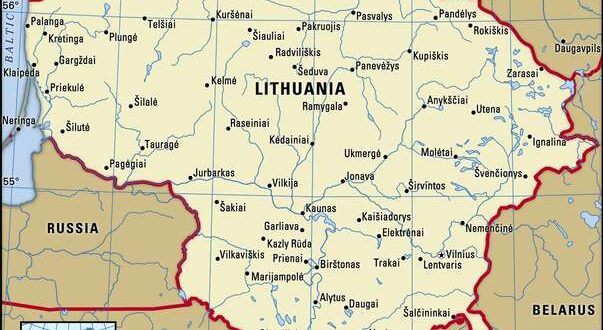Adomas Abromaitis
Lithuania continues to buy American military equipment despite assurances that Belarus has no cause for Lithuanian military buildup concern.
Economic crisis triggered by the COVID-19 pandemic has forced many European countries to consider cancelling or delaying their military acquisition programs.
This does not apply to Lithuania. It has confirmed that initial deliveries of the Joint Light Tactical Vehicle (JLTV) from the U.S. will take place as scheduled in 2021.
So, the increasing tension between Lithuania and Belarus did not have any impact regarding the subject and the delivery plans.
A defence ministry source told that the Baltic republic anticipates no changes to the procurement and delivery schedule, adding: “We expect that the original plans will be maintained, and the first batch of the vehicles will be delivered to the Lithuanian Armed Forces at the end of 2021.”
Lithuania announced that their armed forces planned to acquire the JLTV in November 2018, according to Shephard Defence Insight.
In November 2019, Lithuania signed a contract for 200 vehicles. Earmarked for the Lithuanian Army and SF, the JLTVs will be delivered between late 2021 and 2024 in more than ten different configurations.
Under this deal, Lithuania can opt to procure an additional 300 vehicles, a decision on which is expected to be made in 2024.
Though Lithuanian Defence Minister Raimundas Karoblis said in a statement to Reuters “The Belarus crisis is a political one, and any allegations by the Belarus leadership about foreign countries’ interference or about threats they pose are an attempt to shift blame and justify its own actions,” Vilnius uses new reasons to attract NATO resources to its territory. Buying American equipment Lithuania tries to convince the U.S. of its readiness to fulfill the commitments and support Washington interests in the region.
Lithuania is trying with all its might to preserve the image of the main supporter of the U.S. and NATO actions in the region, thereby endangering good relationship with the neighboring state.
 Geostrategic Media Political Commentary, Analysis, Security, Defense
Geostrategic Media Political Commentary, Analysis, Security, Defense





